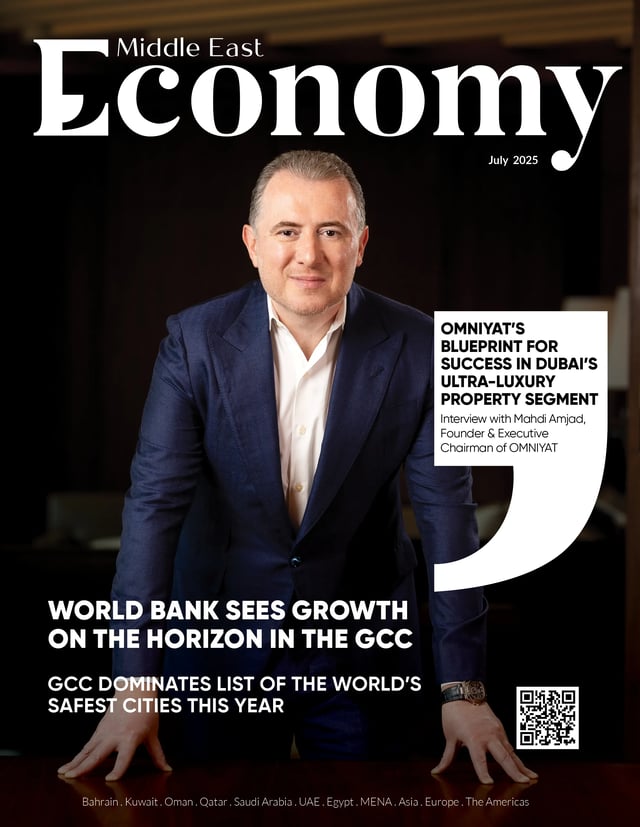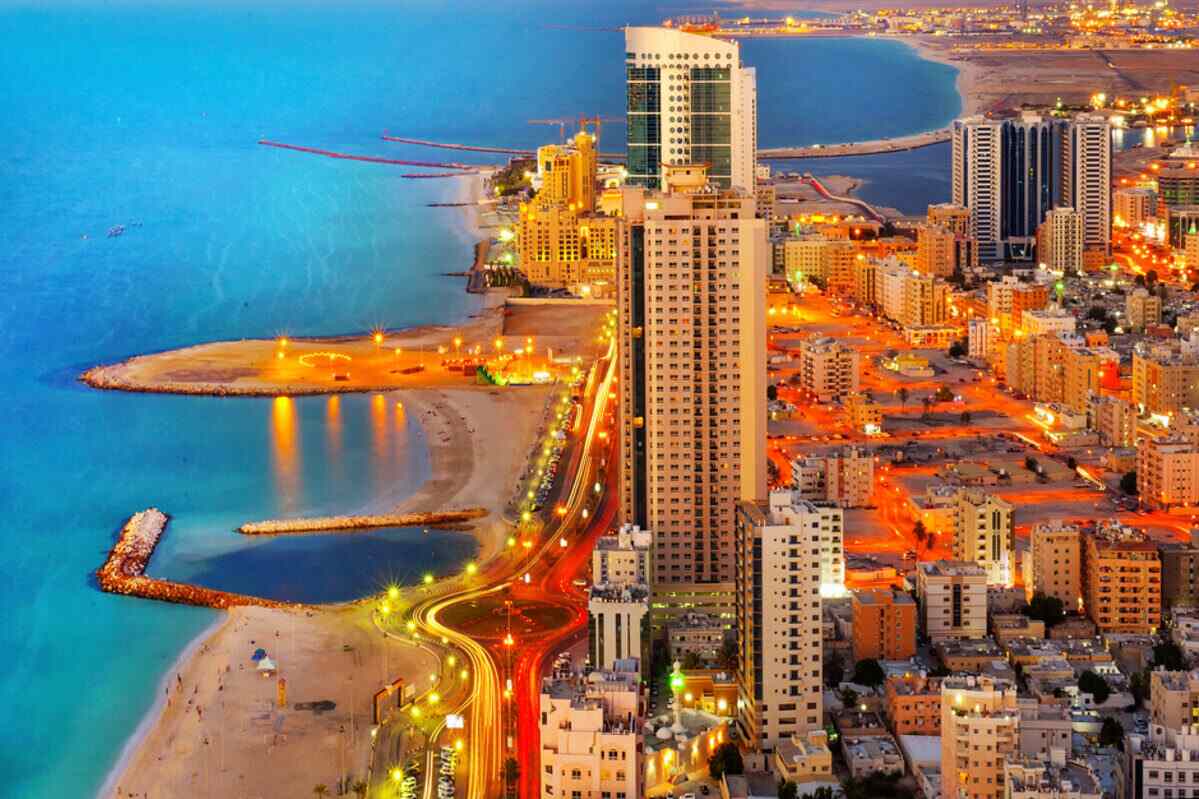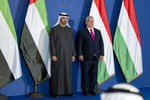- Markets
- Forex
- Commodities
- Crypto
Editor's Pick
| UAE Gold Rate | |||
|---|---|---|---|
| Type | Morning | Evening | Yesterday |
| Ounce | 12,273.58 | 12,284.94 | |
| 24K | 400.50 | 402.75 | |
| 22K | 367.75 | 371.5 | |
| 21K | 351.25 | 356.25 | |
| 18K | 302.00 | 305.25 | |
*Source: Dubai Gold & Jewellery Group.
All prices are in AED
Last update: 18 July 2025
Latest News
Economy
Subscribe to our newsletter
Technology
Features

OMNIYAT’s blueprint for success in Dubai’s ultra-luxury property segment
OMNIYAT’s commitment to creating meaningful contributions to the urban landscape and lasting legacies for future generations ensures its position at the apex of the market



































